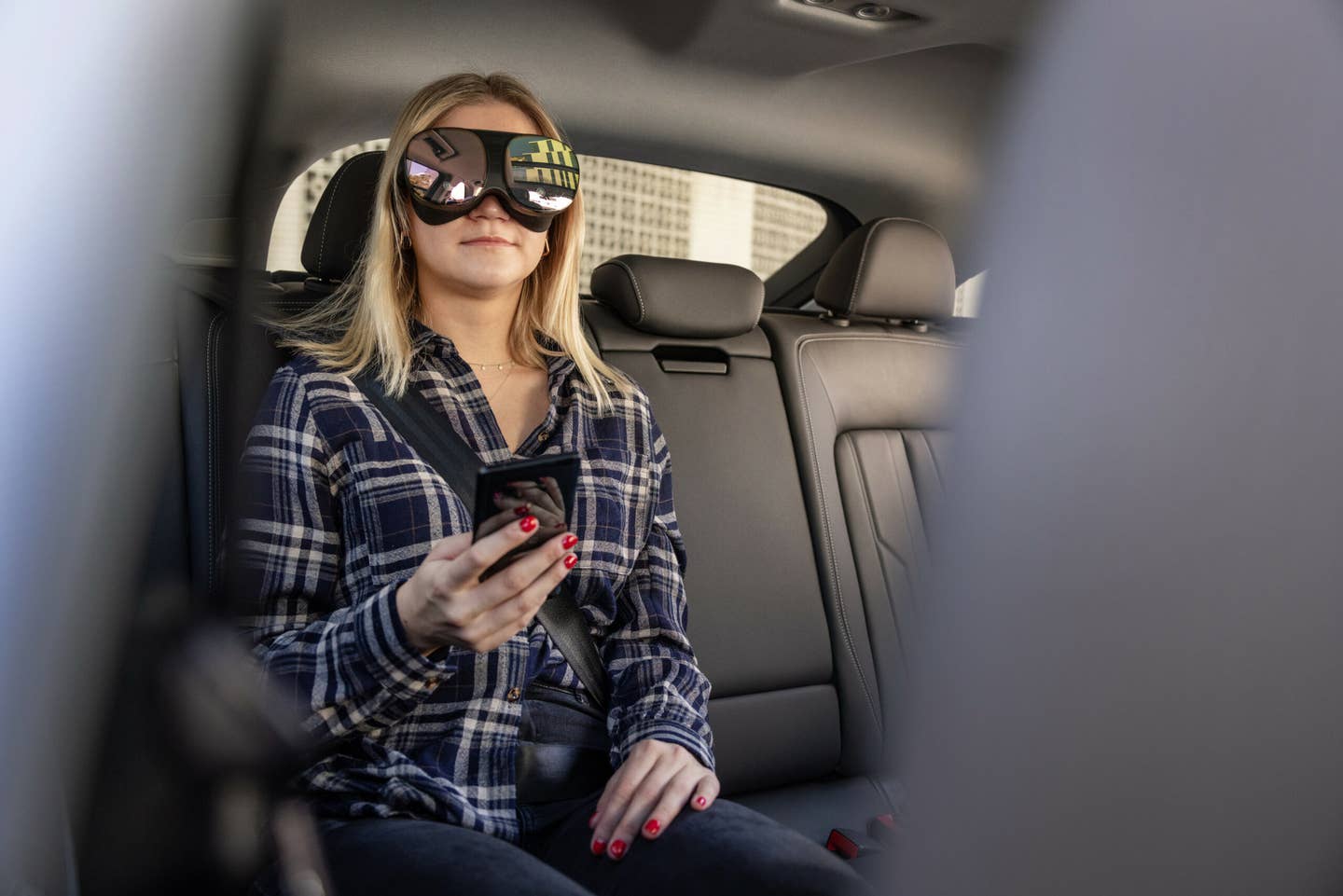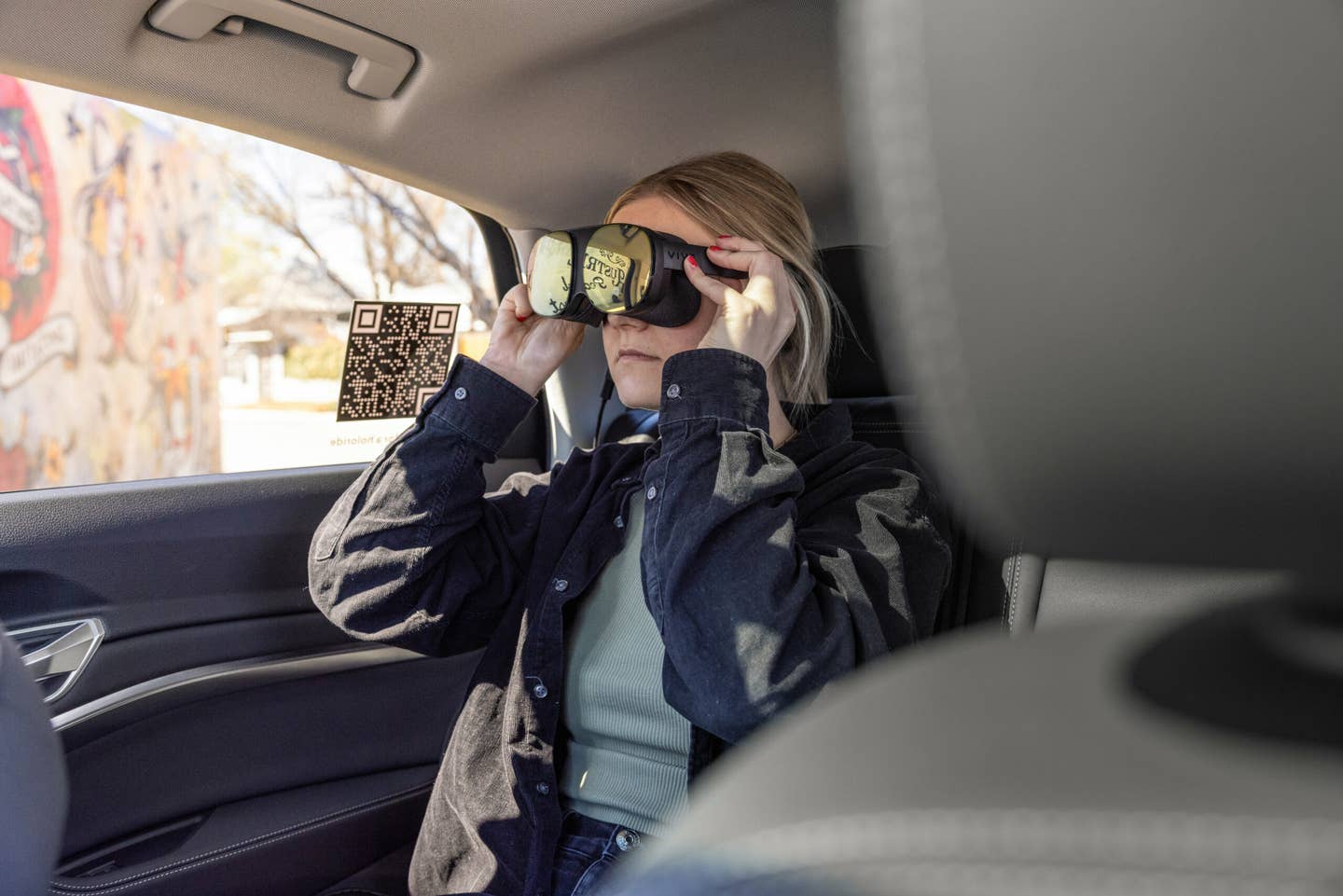Audi is set to launch a cutting-edge virtual reality entertainment system in their vehicles in the German market, but it comes with a hefty price tag.
Holoride, a startup, has unveiled a VR system that will be compatible with various Audi models including the A4, A5, A6, A7, A8, Q5, Q7, Q8, and E-Tron, priced at 699 euros (approximately $698 USD). Although not a budget-friendly option, the cost is in line with the retail price of the HTC Vive Flow VR system, which serves as the foundation for Holoride. Existing HTC Vive Flow users can procure a gamepad for 49 euros ($49.80 USD) instead.


However, users will also need to pay a subscription fee, a trend that Audi is increasingly embracing. Upon purchasing the official package along with a new Audi, customers receive 12 months of complimentary Holoride access, thereafter priced at 19.99 euros ($19.92 USD) per month. Alternatively, a yearly payment option is available at a monthly equivalent rate of 14.99 euros ($14.96).
The Holoride system is engineered to sync with the vehicle’s movements to help minimize the chances of motion sickness. Going a step further, driving actions within the vehicle can impact the gameplay experience in the virtual reality realm. As the driver accelerates or steers the vehicle, the passenger using the Holoride headset will experience corresponding in-game effects. Previous content from Holoride demonstrates these experiences often in the form of guided gameplay that aligns with the vehicle’s motion.
The packaged kit includes two pre-installed games and additional puzzle games, while offering features like web browsing, smartphone mirroring, and educational content. Holoride’s anticipated launch in the US market is scheduled for 2023.
In-car display and entertainment systems have been available for quite some time. The installation of a gaming console with a small screen was a trendy modification during the tuner era in the early 2000s. Despite the popularity of kids enjoying media in minivans, broader adoption of such features never materialized, with most individuals not engaging in intense gaming sessions like Call of Duty during road trips.
While some automotive companies are heavily investing in in-car gaming experiences, the concept has yet to gain significant traction. The potential impact of VR technology on this space remains uncertain. Considering the gradual adoption rate of virtual reality within the home gaming market, its widespread success in the automotive sector seems unlikely.
Have a news tip? Reach out to the author: lewin@thedrive.com

